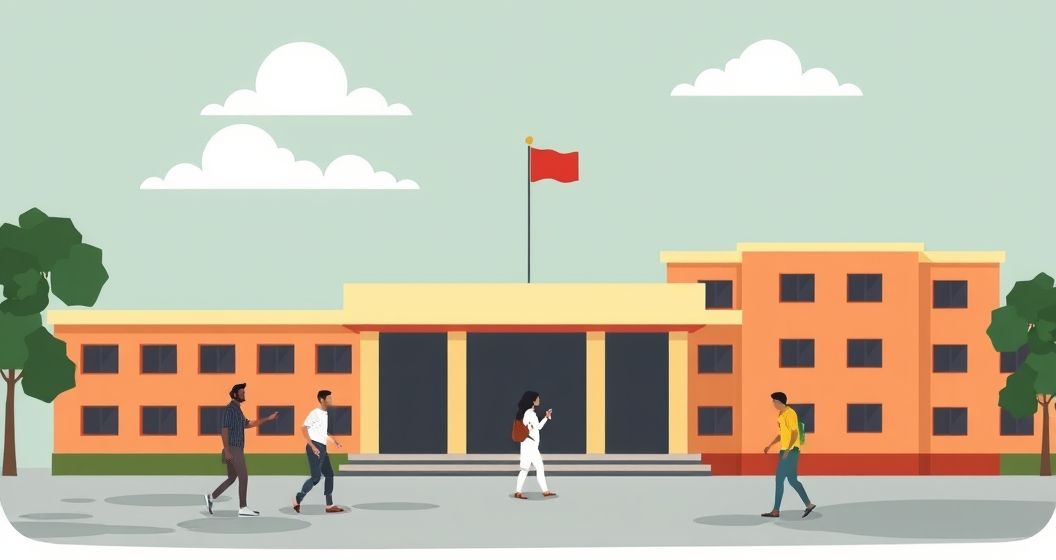Controversy Erupts Over Kannada Language Fine in Bengaluru School
A storm of protest has erupted in Bengaluru following allegations that Sindhi High School, a CBSE-affiliated institution, has been fining students for speaking Kannada, their native language. This action has drawn sharp criticism from various quarters, culminating in a strong demand for action from Purushottama Bilimale, the chairman of the Kannada Development Authority (KDA). Mr. Bilimale has written to the School Education Minister, Madhu Bangarappa, and other relevant authorities, urging them to take immediate and decisive action against the school. His letter calls for the cancellation of the school’s recognition and the withdrawal of its No Objection Certificate (NOC). The KDA chairman’s firm stance reflects the growing concern over the perceived suppression of Kannada within educational institutions.
The KDA’s Stance and the Fight for Linguistic Rights
The KDA’s intervention highlights the importance of protecting and promoting Kannada, the state language of Karnataka. The alleged fining of students for speaking Kannada is seen as a direct affront to the linguistic rights of the students and a blatant disregard for the state’s language policies. Mr. Bilimale’s demand for stringent action underscores the KDA’s commitment to safeguarding Kannada’s prominence in the state’s educational landscape. The incident has sparked a wider debate about the role of schools in fostering multilingualism and the importance of respecting students’ mother tongues.
Wider Implications and Public Reaction
The controversy surrounding the Kannada language fine extends beyond the immediate issue of the alleged punishment. It raises broader questions about the inclusivity of educational institutions and the potential for linguistic discrimination. Many parents and community members have voiced their outrage, expressing concerns about the potential impact of such policies on students’ self-esteem and linguistic confidence. The incident has also prompted a discussion on the need for clearer guidelines and stricter enforcement of regulations to prevent similar incidents in the future.
Calls for Transparency and Accountability
The demand for the cancellation of the school’s recognition and the withdrawal of its NOC signifies a serious call for accountability. This action reflects the public’s expectation that educational institutions should uphold the rights of students and adhere to the state’s language policies. The incident serves as a reminder of the need for greater transparency in school policies and practices, ensuring that students are not penalized for using their mother tongue. The outcome of this case will have significant implications for other schools and will likely influence future discussions about language policies within educational settings in Karnataka. The situation remains fluid, with investigations underway and the public eagerly awaiting the government’s response. The incident has undoubtedly shone a spotlight on the importance of language preservation and the need for schools to create inclusive environments that celebrate linguistic diversity. The future of Sindhi High School and the broader implications for Kannada language education in Karnataka hang in the balance.


